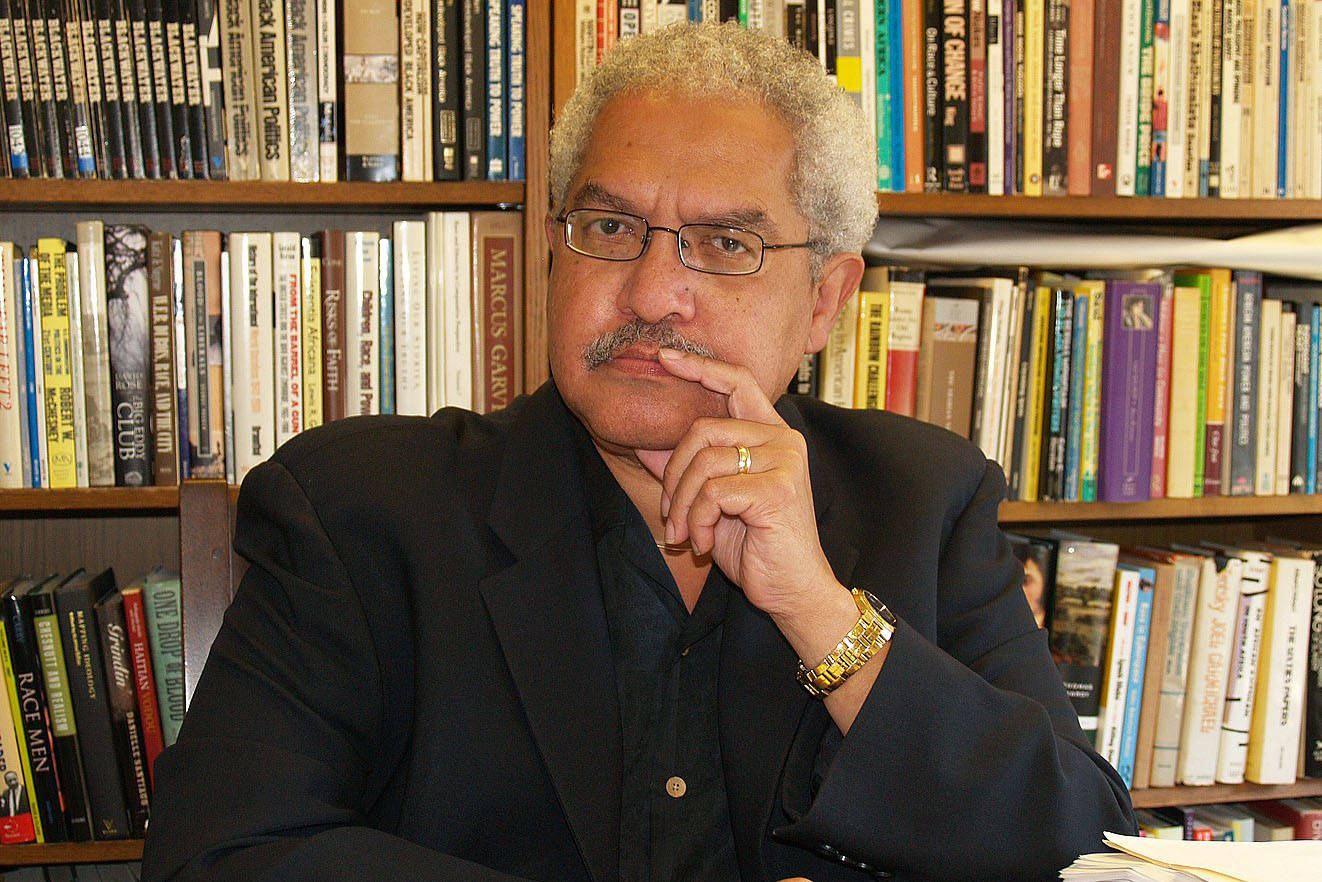The central theme of black U.S. history has been the constant struggle to overcome the barriers of race, and the reality of unequal racial identities between black and white. This racial bifurcation has created parallel realities or racial universes, in which blacks and whites may interact closely with one another, but perceive social reality in dramatically different ways. These collective experiences of discrimination, and this memory of resistance and oppression, have given rise to several overlapping group strategies or critical perspectives within the African-American community, which have as their objective the ultimate empowerment of black people. In this sense, the contours of struggle for black people have given rise to a very specific consciousness, a sense of our community, its needs and its aspirations for itself. The major ideological debates which map the dimensions of the political mind of black United States have always been about the orientation and objectives of black political culture and consciousness. The great historical battles between Booker T. Washington, the architect of the “Tuskegee Compromise” of 1895, and W.E.B. Du Bois, the founder of the NAACP, or the conflicts between Du Bois and black nationalist leader Marcus Garvey were fought largely over the manner in which the black community would define for itself the political and economic tools necessary for its empowerment and future development. Sometimes the battle lines in these struggles for black leadership and for shaping the consciousness of the African-American community were defined by class divisions. More generally, the lines of separation had less to do with class than with the internalized definitions of what “race” meant in the context of black political culture to African-Americans themselves.
…

